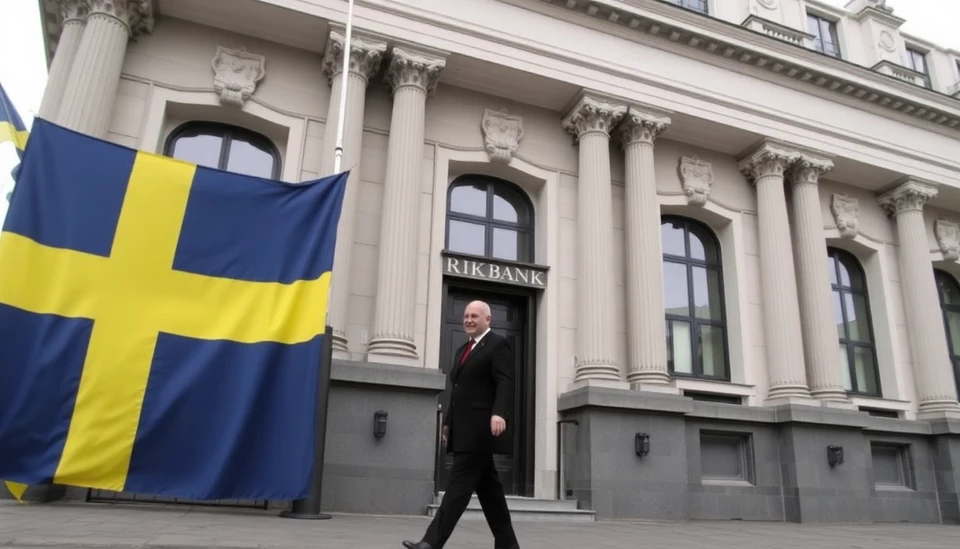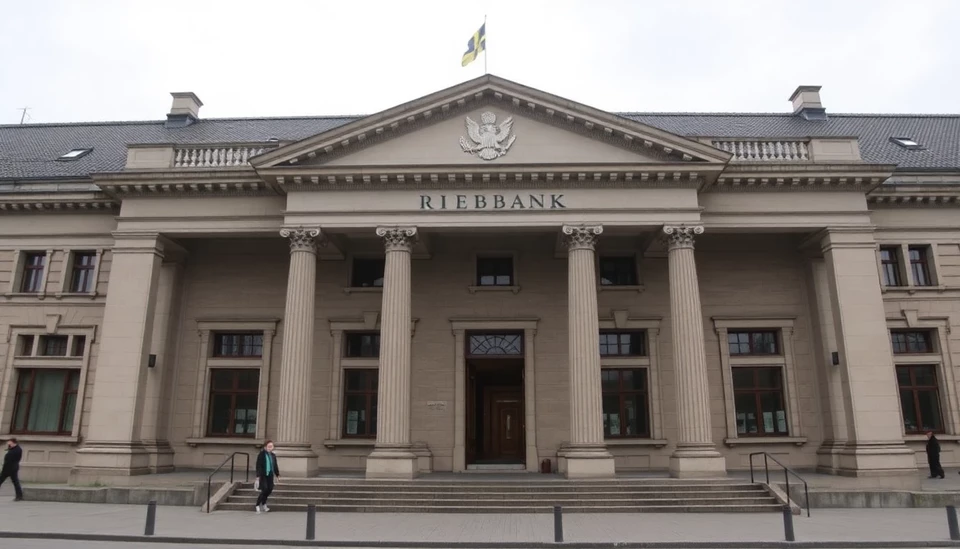
In a dramatic turn of events, Sweden's financial landscape has been shaken by an ongoing controversy involving the Riksbank, the country’s central bank, and its approach to measuring inflation. The debate has gained traction as rising food prices have prompted scrutiny over the accuracy and relevance of the inflation statistics being reported. This clash not only reflects the challenges facing Sweden’s economy but also highlights broader issues concerning economic governance and policy-making during turbulent times.
As the cost of living continues to escalate, particularly in the food sector, there is a growing sentiment among the public and various economic analysts that the Riksbank's calculations do not adequately reflect the true inflationary pressures experienced by everyday consumers. Critics argue that the current methods employed to calculate inflation figures overlook essential components such as food prices, which are vital to understanding the comprehensive impact of inflation on households across Sweden.
The Riksbank, established in 1668, has long prided itself on its independence and tradition of maintaining financial stability. However, the recent turbulence in food prices—spurred by various internal and external factors, including climate change and geopolitics—has led to a call for revisions in how inflation is assessed. As farmers grapple with the implications of these price hikes, the central bank has found itself in an uncomfortable position, fielding criticisms from both the public and political arenas.
In discussions surrounding the validity of current inflation statistics, several experts have posited that a recalibration of the consumer price index (CPI) might be necessary. This recalibration could provide a more comprehensive view of the economic landscape, ensuring that food prices are adequately weighted in the overall inflation figure. Critics urge the Riksbank to acknowledge these disparities and take proactive steps to address the growing concerns among Swedes regarding their financial well-being.
Supporters of the Riksbank, on the other hand, maintain that the institution is navigating a complex and evolving economic environment. They assert that the current methodologies reflect a broader understanding of inflation dynamics, encompassing various sectors beyond just food. The bank’s strategic stance aims to mitigate long-term economic risks rather than react to short-term fluctuations that might be influenced by seasonal changes or market volatility.
This tension between traditional monetary policy approaches and the immediate financial realities faced by citizens has resulted in a public outcry for more transparency and responsiveness from the Riksbank. Stakeholders from diverse backgrounds, including consumers, farmers, and economists, are urging the central bank to engage more meaningfully with community concerns, recognizing that effective governance requires not only precision in metrics but also a palpable connection to the populace and their needs.
As the debate continues to unfold, the Riksbank faces the daunting task of reconciling its data-driven decision-making with the lived experiences of Swedish citizens. Failure to do so may not only erode public trust in the institution but also hinder the economic resilience that Sweden has managed to uphold amidst challenging global dynamics.
In the wake of this food fight over inflation claims, the Riksbank's responsive actions in the coming months will be crucial in shaping the narrative around Sweden’s economic future. As consumers anxiously await potential policy changes, the urgency to address inflation concerns directly is more pronounced than ever.
With this ongoing controversy poised to affect many aspects of Swedish life, it remains to be seen how the Riksbank will transform its approach and whether it can regain the confidence of a public increasingly affected by rising prices and economic uncertainty.
#Sweden #Riksbank #Inflation #Economy #FoodPrices #ConsumerTrust #EconomicPolicy
Author: Daniel Foster




